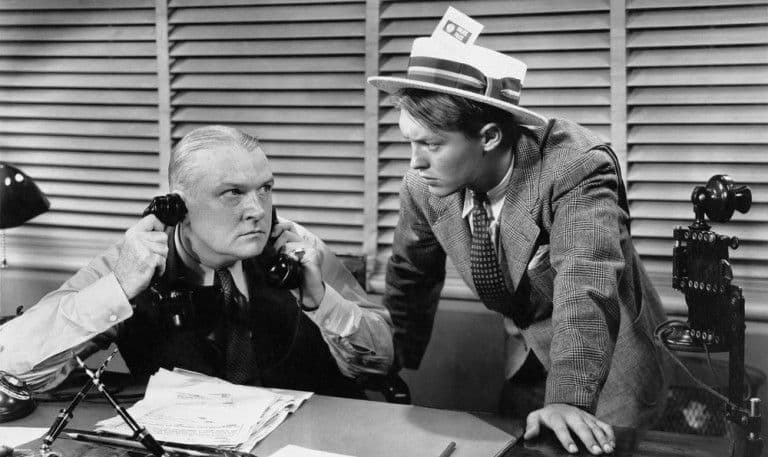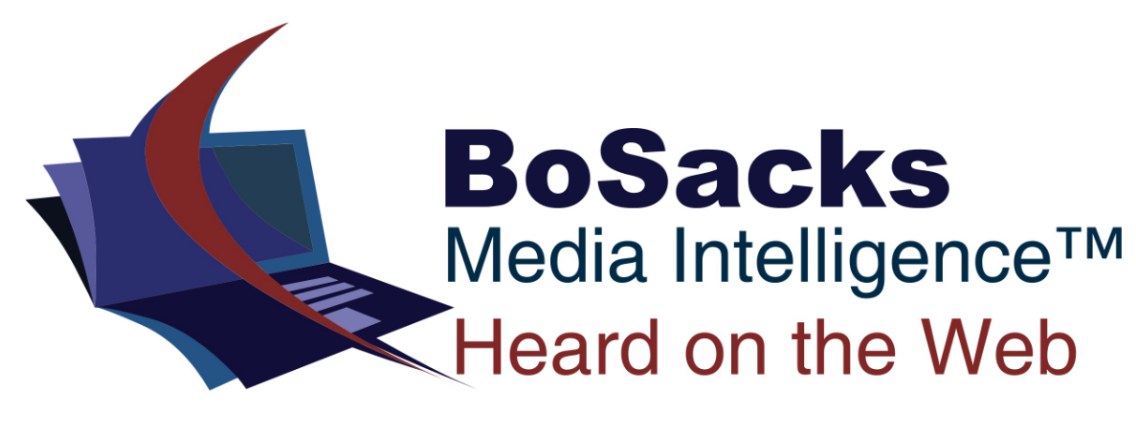Publishing Pandemic Roundtable: Looking Forward to the Next Act
By Linda Ruth
Mon, Jan 18, 2021

I Used to Be Somebody:
By Linda Ruth
Carl Landau, founder of Pickleball Media and publisher of the podcast and newsletter I Used to Be Somebody joined the Pandemic Roundtable—Joe Berger, Sherin Pierce, Samir Husni, Bo Sacks, Gemma Peckham, and me—to talk about what to do after you finish doing what you’ve been doing all this time.
Joe: You used to own and run the popular Niche Publishing Conference for the magazine industry, and sold your company a couple of years ago, so I’m very interested in hearing what you have to say about second and third acts.
Carl: Yes, I sold Niche Publishing to Second Street Media a year and a half ago. They are a platform for contests—they bought us for our database of 18,000 publishers. I worked for them part time for a year to help with the transition—which was a peaceful one. The year gave me my first opportunity since my paper route when I was 14 to have a part time job. It was refreshing.
After that, my wife and I planned to travel. Then COVID hit.
This left me thinking about what to do with my time, experience, and energy. And my mind turned to podcasting. Eight years ago I did a podcast—Events: What Wakes You up at 3 am. It was a lot of fun, and garnered some interest, but I had a full time job, and really couldn’t sustain it. What I enjoyed most about it was building the audience.
And I love podcasts; I listen to four or five of them every day. You’ll find that media companies selling for a lot of money are podcast forward. Several that produce podcasts have sold for over 200 million. Now there are hundreds of thousands of podcasts, and smart companies looking for growth areas turn to them as another way to build audience.
Sherin: Podcasts are great because they’re so portable. You can be out for a walk and learning about a subject.
Joe: The podcasts that are successful—where does their money come from? The events they throw? Advertising?
Carl: Sponsorship. Some podcasts have audiences of millions. That’s bigger than mainstream news. I just sold my first sponsorship, starting in March, after 12 episodes. My first weekly episode came out in October.
For me, the demographic that is most interesting is the Baby Boomers. There are 80 million of us. Ten thousand people a day turn 65. And that will continue another 5-6 years. For baby boomers, there are at least 25 podcasts about money, by financial advisors. I was more interested in what boomers might do for a second act.
Twenty years ago, you were done at sixty. Now continuing on is the rule, rather than the exception.
Linda: Do you think that’s because of the nature of the people turning sixty, or because Social Security has been pushed back?
Carl: I think it’s a combination. We’re also living a lot longer. If you’re going to make it into your 80s, that’s a lot of post-retirement time on your hands.
Bo: Does what happens vary by industry? In publishing we have a consistent pattern of getting rid of institutional memory. When you turn 65ish—you’re gone. You make too much money and you get to save the company’s bottom line. It is a historic pattern.
Carl: I see that everywhere, in every industry. An amazing amount of wealth and intelligence is concentrated in this group—and yet it is mostly ignored by the media.
I Used to Be Somebody is for people who had successful careers and now want to do something entirely different. I like to get emotionally involved with them, find out who that person is, what they’ve done. That’s my format, and it’s how I engage my audience, which has grown in this short time to almost 1300 subscribers.
Joe: Your company is called Pickleball Media. Should we be looking for a pickleball magazine to come out sometime soon?
Carl: There is one. Pickleball is the fastest-growing sport in the US. Close to 5 million people play it, and no one’s heard of it! If it weren’t for pandemic, it was going to explode this year. This is what’s really helped me in this transition. Getting out of the familiar thing I’ve been doing for 20 years has energized me incredibly. I’ve been doing all this new stuff, podcasts, pickleball, and learning new things. It’s been really fun having this year to explore these opportunities. And that happens a lot with the people I interview. One big time lawyer took up photography and poetry. Those are the stories I explore in my podcast. It’s been really inspiring talking to these people. Having a podcast gives a forum you can talk to people you’d never have otherwise met.
Linda: Could you distribute podcasts for other people?
Carl: I wouldn’t, but there are lots of people who do it. There are so many opportunities, so many directions to go in. There is room for another event in the field, focusing on teaching people how to do podcasts, how to sell sponsorships. Right now I’m teaching older people how to listen to a podcast. So far I’ve taught 40 people, and it’s helped them a lot.
This is a field that costs next to nothing to get in.
Sherin: What you need is good equipment and a good story.
Carl: That’s right, and the equipment costs like nothing. You can get a good microphone for eighty dollars. I use Zencastr to record for $20 a month and it’s like I’m in the same room with my guest. Between the prep, recording, and editing, one episode takes 8 hours to put together.
I use Lidsyn for distribution and that’s $20 a month, and it gets you on Apple, Spotify, and 20 other platforms. They provide a report, too. I Used to Be Somebody is already in 60 countries. We have over 60 people in India alone that listen to my podcast.
Joe: How would somebody begin their second act?
Carl: I’m the jump in the pool sort. My wife is more the ease into it sort. You could do it either way. But some people, if they jump in too soon, feel that they haven’t given themselves enough time to get a sense of what they could do. And a lot of times they end up doing the same thing they were doing—which is not what you want to end up doing.
Go within your network, talk to your friends. Ask them what they could envision you doing that you’re not doing, maybe haven’t considered. These are the kinds of things that come out in my interviews; it’s why interviewing is the most fun. It can take six or eight before you get comfortable. The way to bring it to life is, don’t worry so much about what your questions are, but make it a real conversation.
Bo: It’s worth pointing out that you have a magic way of engaging. You did it in the Niche conferences, where you got people to engage with you and, most magically, got them to engage with each other. I saw that same methodology in the podcast.
Carl: Most of the people I interview have been interviewed dozens of times. I try to make it new, to humanize them with questions that they might not get as often.
Joe: Is there a way to track if people listen to the ads?
Carl: Not that I know of, and the download reports I get also don’t tell anything about the audience, except how many listened and where they’re from. That makes podcasts different from other media. What’s helped a lot is before I started the podcast I started the newsletter. You know your newsletter audience, and you drop the newsletter promoting each podcast.
Beyond that, audience growth tends to be word of mouth. Someone likes your podcast, and tells a friend about it, and the friend goes back and starts at episode one and listens on through.
Sherin: AARP would be a huge audience. They have a ton of members in the demographic, many of whom would benefit.
Joe: I can also refer you to a company called Get Set Up. It’s an interactive learning platform for adults 55 and above—taught by seniors, for seniors.
Carl: Over half of aspiring entrepreneurs are Baby Boomers, and 1 in 5 people who remain working after age 65 are self-employed. It’s really different from what we’ve seen in previous generations.
8.5.6
